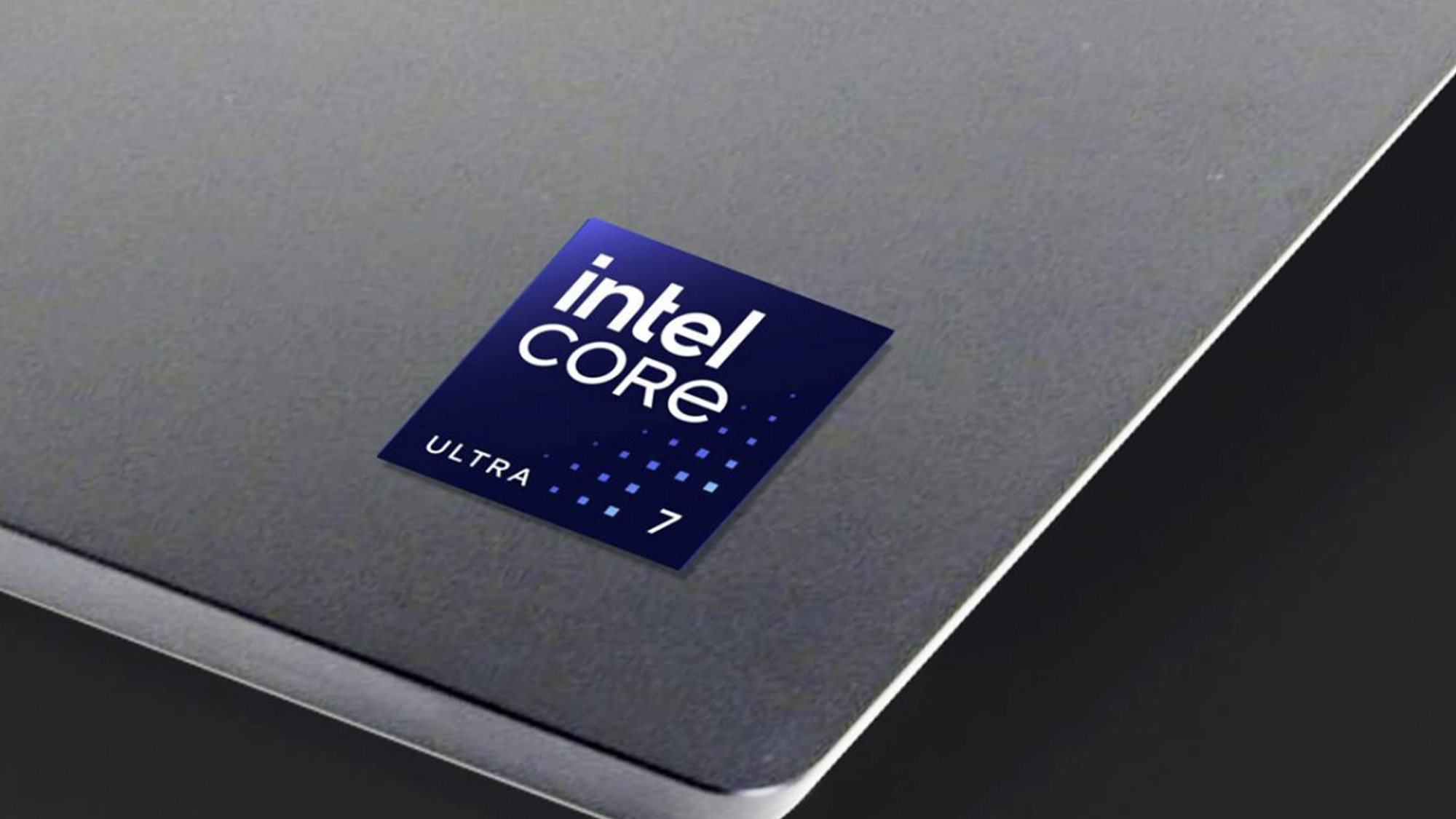
An Intel Meteor Lake processor for laptops is the subject of a fresh benchmark leak which has provoked some disappointment online.
Team Blue’s mobile silicon will be in notebooks next month, but these next-gen chips are not out yet, of course, and the CPU leaked is the Core Ultra 7 155H.
That processor has been benchmarked in SiSoftware Sandra, as @momomo_us on X (formerly Twitter) noticed, with the chip being inside an Asus Vivobook laptop.
SiSoftwareIntel Core Ultra 7 155H (9M 36c 22T 2GHz/4.8GHz + 3.8GHz, 3.3GHz IMC, 6x 2MB + 3x 2MB L2, 2x 24MB L3)https://t.co/mlEdpVM6rsVivobook N6506MU Zenbook UX3405MANovember 13, 2023
The benchmark itself doesn’t tell us much, but what’s interesting is the spec details shown for the CPU, which align with previous rumors.
The Core Ultra 7 155H (Core i7 equivalent) has six performance cores backed up with eight efficiency cores (plus two even lower power efficiency cores, so technically there are 10 efficiency cores in total, making 22 threads).
The laptop CPU is also shown sporting a max boost speed of 4.8GHz (for the performance cores, the most important ones, with the efficiency cores topping out at 3.8GHz).
What’s the issue with a Turbo of 4.8GHz? Well, it’s not slow by any means, but it is a drop-down from the effective predecessor of this CPU, namely the Core i7-13800H (Raptor Lake mobile with the same core configuration, minus the super low-power cores), which boosts to 5.2GHz.
Analysis: Clock speeds aren’t everything
A drop of 400MHz seems like a fair old step backward, of course, but we have to bear in mind this is just a leak – the shown speed could turn out to be wrong (or even faked). However, that seems unlikely as previous leaks have shown this boost speed for the 155H, so there’s a weight of evidence now.
Furthermore, we must consider that these CPUs from different generations aren’t directly comparable for performance as such, as clock speeds are only part of the equation – and Meteor Lake is a big change from Raptor Lake (the 13800H).
Meteor Lake brings in architectural improvements which should boost performance (we hope), and moreover, seriously bolster power efficiency. Admittedly the latter is Intel’s focus with these next-gen mobile chips, and it’s a critical factor for any good laptop, of course. The more frugal the power usage of the CPU, the less battery drained, and the longer any given notebook will last when out and about with the device.
Plus there are those two extra low-power efficiency cores for the 155H which should help to give an additional bump to multi-core tasks (maybe just a minor one, but still).
We’ll really need to get a laptop powered by the Core Ultra 7 155H in for testing before we can draw any real conclusions, and it’s too early to be worrying overly about performance at this point, especially based on just notching down clock speeds.
Via Tom’s Hardware







